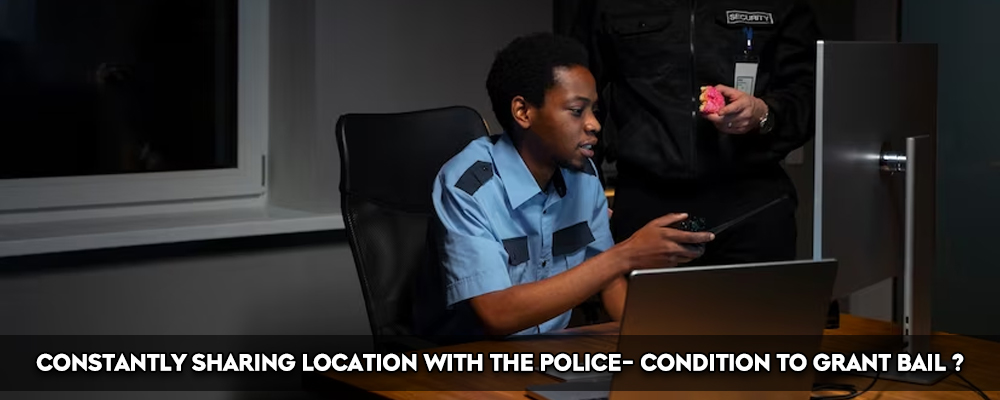In a recent hearing of the case Directorate of Enforcement v Raman Bhuraria, the Enforcement Directorate challenged the order of the Delhi High Court in the Supreme Court, where the High Court granted bail to the internal auditor of the Shakti Bhog Foods Limited (SBFL) in a case which involves bank loan fraud of several crores. The Hon’ble Supreme Court decided that it will consider the condition imposed by the Delhi High Court,according to which the accused would have to share his location by mobile phone with the Investigation Officer concerned for the whole period of his bail, if it infringes the rights ensured under Article 21 of the Constitution.
Need A Legal Advice
The internet is not a lawyer and neither are you. Talk to a real lawyer about your legal issue

Facts
An FIR was registered against financial irregularity and siphoning of funds related to credit facilities obtained by SBFL from a consortium of banks led by the SBI which caused an estimated loss of Rs 3269.42 crores.
The respondent here was not named as accused in the FIR, also during the period which is under enquiry, the respondent was not the internal auditor of SBFL.
The Delhi High Court allowed the CBI to proceed with the investigation, however releasing the applicant on bailon the following conditions-
- A personal bond of the sum of Rs. 50,000 to be furnished by the applicant
- The applicant would not leave the country and will have to submit his passport to the trial court if he has one.
- The applicant would have to share his cellphone number with the IO/SHO, which could be contacted at any time and would also have to ensure that the number is kept active as well as switched-on at all times
- The applicant would have to drop his google pin location from his mobile to the concerned IO which should be operational throughout his bail.
- The applicant would not indulge in any act or omission which is unlawful, illegal or which would prejudice the proceedings in the pending cases.
- The applicant would have to join the investigation as and when directed by the IO and shall appear in the court as and when asked to.
Observation of the Court
Justice Abhay S Oka observed during the hearing that imposing a condition to share his google location with the IO, shall amount to surveillance and would be violative of Article 21 of the Constitution.
It was contended by the Additional Solicitor General SV Raju that this was a situation where the accused should not have been granted bail.
Also, it was informed by the counsel of the accused that the investigation had not ended and the trial would not be started soon.
Finally, the Supreme Court concluded that apart from the merits of the matter, it will have to seriously consider if the Condition mentioned in clause (d) could be incorporated as a condition when granting bail.
Article 21
Article 21 of the Constitution of India, provides for the protection of life and personal liberty. This fundamental right is provided to every person.
It has been specifically mentioned that no person would be deprived of life and liberty except for the procedure established by law.
Right to life is not about a mere right to survive. It entails being able to live a life of dignity and meaning.
From the above discussion it could be understood that the Hon’ble Supreme Court’s concerns regarding the condition applied for bail are quite important and would have a huge effect over an accused’s right to privacy, and would be interesting to follow the further proceedings of the court case.
Lead India offers you highly experienced advocates who have been successfully handling cases related to constitutional rights as well as civil and criminal suits. Hence, if you wish to talk to a lawyer or seek free legal advice, you may contact us.





 Talk to a Lawyer
Talk to a Lawyer